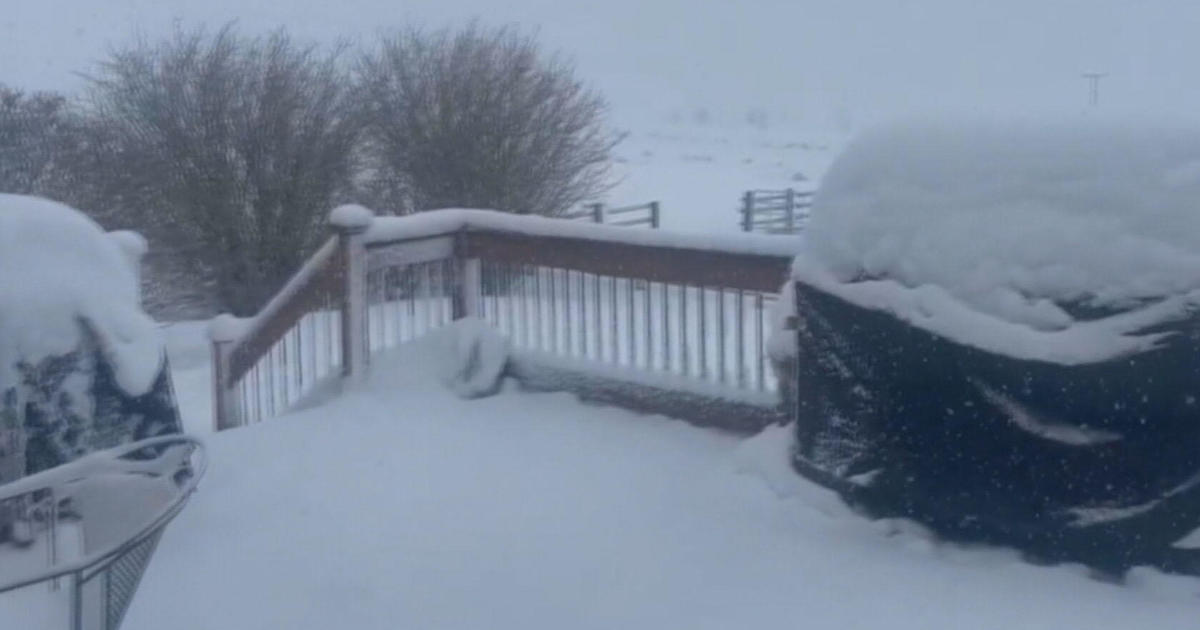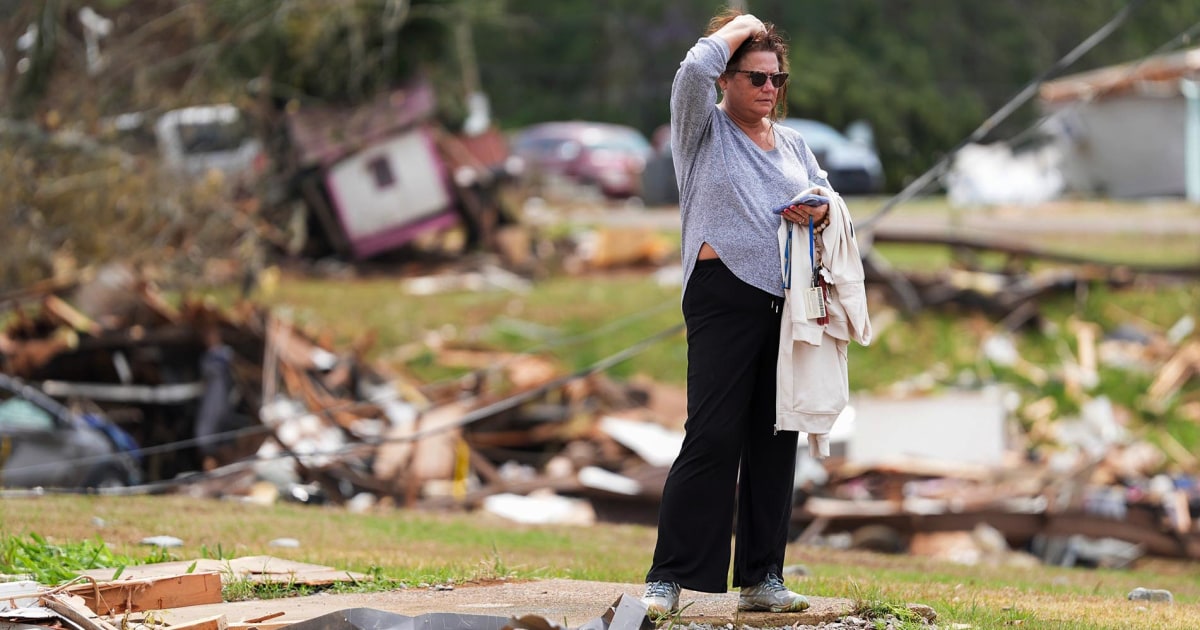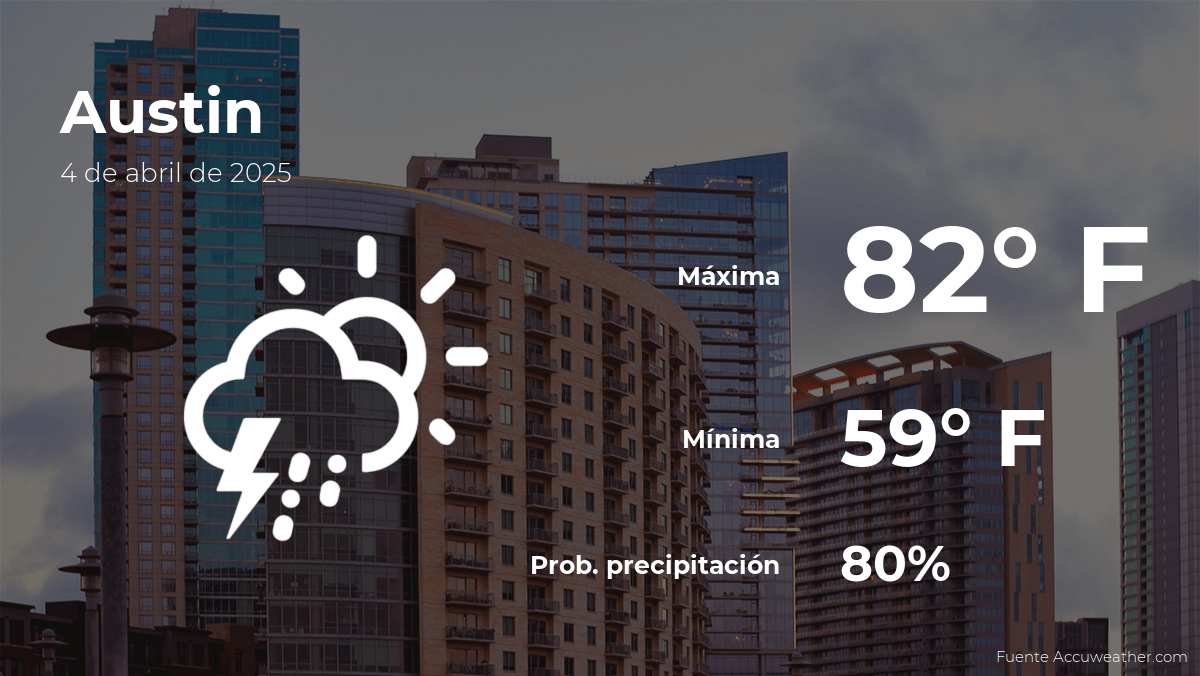Thanksgiving Turbulence: Navigating the Risks of Severe Weather
As families across the United States prepare to celebrate Thanksgiving, many face the looming threat of severe weather that could disrupt travel plans and pose significant safety risks. The holiday, which is often associated with family gatherings and large meals, has the potential to become a hazardous time for those traveling by air, car, or even train. Meteorologists have warned that this year’s Thanksgiving might see some of the most dangerous weather conditions in recent memory, including storms, snow, and freezing rain, particularly in the Midwest and Northeast regions.
With the busy travel season already underway, it is essential for travelers to be prepared for disruptions and understand how to minimize risks while navigating potential travel challenges. In this article, we will examine the latest weather forecasts, discuss the impact of severe weather on Thanksgiving travel, offer advice for staying safe, and explore broader implications of this turbulent holiday season.
Understanding the Scope of the Risk: What to Expect
According to the National Weather Service (NWS), weather conditions across the country this Thanksgiving could be unpredictable, with major disruptions expected for travelers across several regions. Early predictions indicate that a significant winter storm system will impact the Central U.S., spreading eastward toward the East Coast, and creating potential delays in air travel, road traffic, and even railway systems.
Key Weather Events to Watch For
- Winter Storms: A powerful storm system could bring heavy snow, sleet, and freezing rain, making travel hazardous, especially in the Northern and Central U.S. Areas like Chicago, Minneapolis, and Denver may face snow accumulation that could cause delays or cancellations at airports and create treacherous road conditions.
- Severe Thunderstorms: The Southern and Eastern U.S. could experience thunderstorms with strong winds, hail, and even tornadoes. The storms could create delays in flight schedules, particularly for airports along the Gulf Coast and Southeast regions.
- Flooding and High Winds: Areas already experiencing heavy rain or flooding, such as the Pacific Northwest, may face additional issues, including flash floods and high winds, making travel particularly dangerous on the roadways.
- Coastal Hazards: The East Coast, especially regions like New York, Boston, and Washington D.C., may experience coastal flooding, gusty winds, and rain, which could disrupt air travel and cause local transportation issues.
Impact on Thanksgiving Travel
Thanksgiving is traditionally one of the busiest travel times in the U.S., with millions of people taking to the skies, roads, and railways to visit family and friends. According to the American Automobile Association (AAA), more than 50 million Americans were expected to travel this Thanksgiving season. However, with severe weather conditions predicted, many may find themselves facing unexpected delays or cancellations.
Air Travel Disruptions
Airports across the U.S. are bracing for significant disruptions due to the combination of holiday crowds and adverse weather conditions. The Federal Aviation Administration (FAA) has already issued advisories for travelers, particularly for those flying through major hubs such as Chicago O’Hare, Denver International, and Minneapolis-Saint Paul, where snow and ice are likely to impact runways and delays are expected. According to experts, travelers are advised to:
- Check for flight cancellations and delays well in advance and consider alternative routes or earlier flights.
- Prepare for longer wait times at airports, as security lines and weather-related delays can slow down the flow of passengers.
- Pack essential items in carry-on luggage in case of unexpected overnight delays or cancellations.
Driving Conditions and Road Safety
While many travelers will take to the road, driving in winter weather can be dangerous. As snow and ice accumulate on highways, road conditions will deteriorate quickly, making driving treacherous in areas like the Upper Midwest, Great Plains, and Northeast. The National Highway Traffic Safety Administration (NHTSA) recommends that drivers:
- Ensure their vehicle is equipped with winter tires and properly stocked with emergency supplies, including blankets, water, and non-perishable food.
- Check the weather forecast and road conditions before heading out to avoid travel during the peak of the storm.
- Drive cautiously, maintaining a safe distance between vehicles and adjusting speed to match the road conditions.
Train and Bus Travel
Travelers relying on trains or buses could also face significant delays due to storm-related disruptions. Amtrak, for instance, has already issued alerts for potential service interruptions in regions that may be affected by snow and heavy rain. Travelers are encouraged to stay in contact with their transport providers for up-to-date service information.
How to Stay Safe During Severe Weather
As severe weather takes hold, it is crucial for travelers to remain vigilant and take necessary precautions. The Centers for Disease Control and Prevention (CDC) and the Federal Emergency Management Agency (FEMA) both recommend the following safety tips during this time:
- Stay Informed: Keep up-to-date with weather forecasts and travel advisories from trusted sources like the National Weather Service and the FAA.
- Emergency Kit: Pack an emergency kit with essentials like flashlights, batteries, first aid supplies, and extra medication. If traveling by car, carry a roadside emergency kit that includes jumper cables, tire chains, and a full tank of gas.
- Prepare for Delays: Allow extra time to reach your destination and remain flexible in case your plans are delayed or canceled. Have a backup plan in case you are stranded due to severe weather.
Travel Insurance: A Smart Investment
Given the unpredictability of severe weather, it might be a wise decision to invest in travel insurance for peace of mind. Many travel insurance policies offer coverage for cancellations, delays, and interruptions due to weather-related events, helping to mitigate the financial risks associated with unexpected disruptions.
The Broader Impact of Severe Weather on Thanksgiving
Beyond the immediate concerns of travel, severe weather can have broader social and economic consequences during the Thanksgiving season. For instance, widespread delays and cancellations can lead to lost productivity and strain emergency services. Additionally, the strain on local resources, including shelters and emergency responders, can be significant in areas hit hardest by storms.
On a psychological level, families who are separated by weather-related issues may experience added stress and anxiety, as Thanksgiving is a time typically associated with togetherness. The emotional toll of not being able to reunite with loved ones due to dangerous travel conditions cannot be overlooked, as many people are already dealing with heightened stress during the holiday season.
Climate Change and Future Thanksgiving Weather
As climate change continues to affect global weather patterns, it is likely that extreme weather events like those expected this Thanksgiving will become more frequent and severe. A study by the National Oceanic and Atmospheric Administration (NOAA) shows that the frequency of intense winter storms has increased over the past several decades, leading experts to believe that future Thanksgivings may bring more weather-related challenges for travelers.
Conclusion: Navigating the Risks of Thanksgiving Travel
While Thanksgiving is a time for family, celebration, and reflection, the risks of severe weather can pose significant challenges for travelers. By staying informed, preparing for potential disruptions, and taking precautions, travelers can minimize the dangers associated with winter storms, flooding, and other weather-related events. As this Thanksgiving season approaches, it’s crucial to prioritize safety and flexibility, ensuring that despite the turbulence of severe weather, the holiday remains a memorable and joyful occasion.
For more information on how to prepare for severe weather, visit the National Weather Service website.
See more Your Daily Weather



